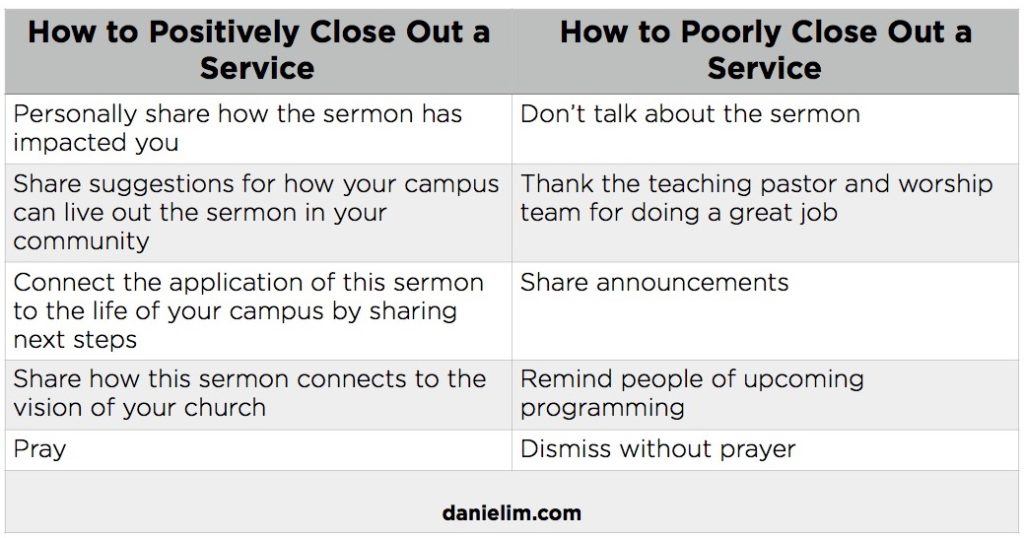
Growing up, my parents had some high academic standards for me. I remember the one time I got an A on my Calculus exam. It was a feeling of joy mixed with surprise because if you’ve ever done calculus, you know that it’s sometimes hard to tell if you got the question right or wrong—especially with the tricky questions.
Well, I was over the moon and I couldn’t wait to share my joy with my parents. While walking home, I was envisioning the celebration that was going to happen when I entered those doors and announced my triumph. I was victorious and the fattened calf was going to be slaughtered. We were going to party!
“Your favorite son is home! And guess what I got on my calculus exam? A big FAT A!!”
Unfortunately, the fireworks did not go off. My mom came over, took a look at the exam, and with a melancholic voice, said something to the effect of, “Oh son, good job. You should call your dad and tell him the results.”
Well, this wasn’t exactly the response I was hoping for, but maybe the celebration was going to happen when my dad heard about it. So I called him up at work and shared the good news with him. Instead of whipping out the party horn, he responded with, “So, you got 100%?”
I responded, “Well, not quite, I got 91%, but that’s still an A!”
He replied, “So…how many did you get wrong then?”
Okay. Clearly, this wasn’t going the way that I wanted it to. An A is an A. Isn’t it?
Success is an interesting thing. Unless we clearly outline metrics and define what success actually looks like, it’s up to the eye of the beholder.
This is why, for many churches, success is more about programs, than it is about people. Eric Geiger and Kevin Peck wrestle through this tension in their book, Designed to Lead: The Church and Leadership Development,
So the programmatic rat race in most churches continues. Most churches merely exist to keep running their programs and services. They are not developing leaders intentionally and consistently. When leaders emerge from some churches, it is often by accident. “Wow, a leader emerged…How did that happen?” should not be heard among God’s people. Something is missing. Something is off. (13)
As church leaders, we need to make our metrics for success the same as Jesus’. And for Jesus, “the Great Commission is Plan A,” there is no Plan B.
Geiger and Peck argue that “The Church is uniquely set apart to develop and deploy leaders for the glory of God and the advancement of the gospel.” They believe this because “leadership, apart from the work of God, cannot produce true flourishing or eternal results.”
[Read more…] about The 6 Qualities of a Developed Leader in the Church








